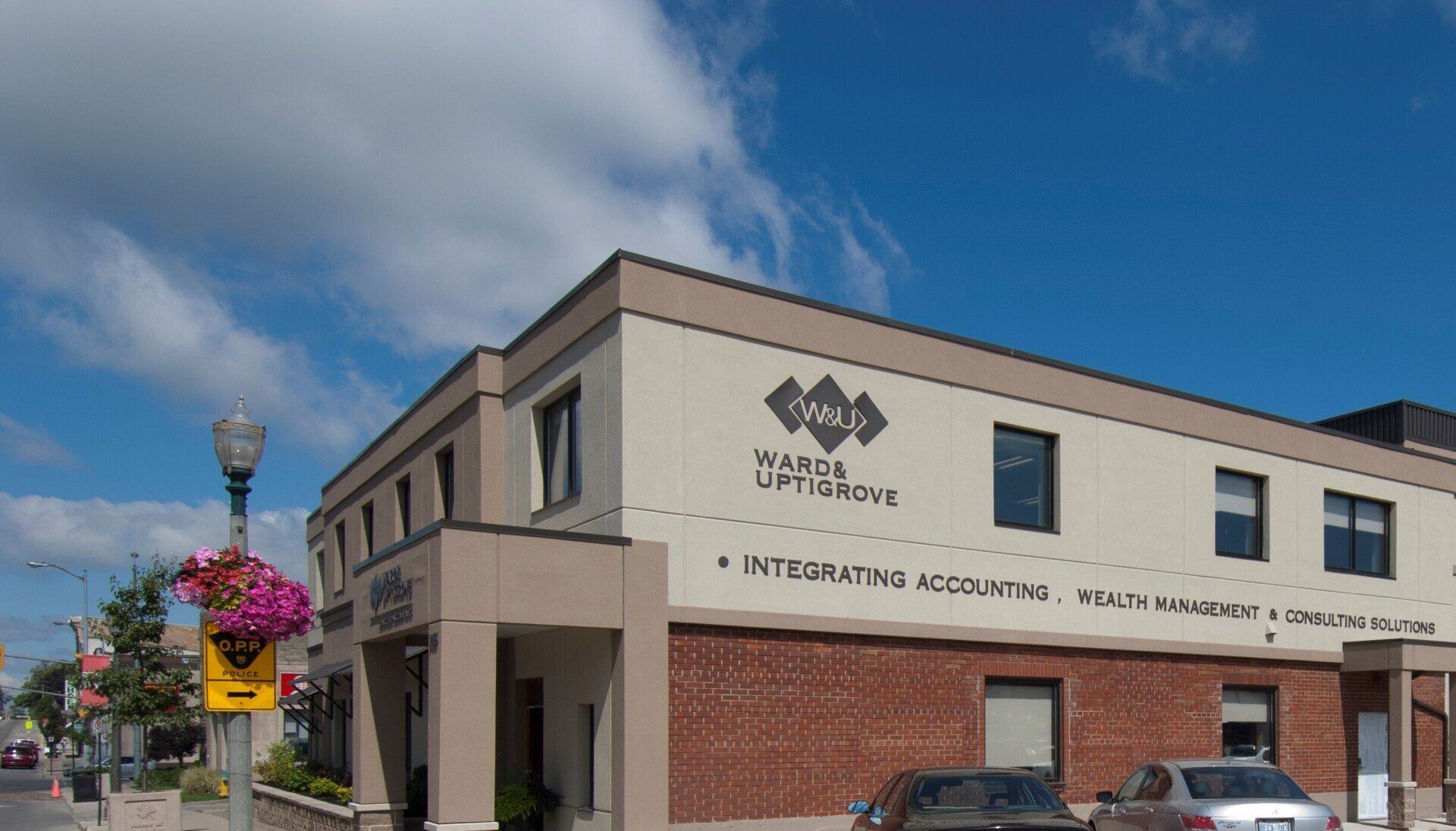Heat Stress & COVID-19 Tips
Summer has arrived and so have the sunny days and high temperature. As temperatures soar, workplace precautions to control the spread of COVID-19 may increase the risk of heat related illness. With many regional Public Health officials mandating masks in public spaces and commercial establishments, it is important to consider the effects on workers related to heat stress.
Although masks have not been proven to cause a significant increase in overall body temperature, they can increase the temperature of the skin on the face, may be uncomfortable in extreme heat conditions, and can create a perceived increase in temperature and /or perceived decrease in the ability to breathe. Masks may also interfere with the effectiveness of other PPE such as safety glasses and goggles.
- Masks may cause safety glasses/goggles to fog, thereby obstructing vision or causing workers to remove their eye protection
- Masks may become dirty and wet more frequently depending on the job tasks/work environment, and thus need to be changed more often (requiring a larger supply)
- Communication between workers may be affected, especially in environments and situations where workers rely on facial recognition and/or lip reading
- Adequate hydration is key when working in the heat, and workers will need to remove masks to drink water – repeatedly and frequently
Additionally, workers may touch their faces more often in the heat: to wipe their brows, wipe sweat from their eyes, wipe their safety glasses, adjust glasses that are slipping due to sweat, etc.
This is a good time to review your heat stress policies and procedures and your COVID-19 protocols especially related to personal protective equipment (PPE) and exposure to extreme temperatures. Consider conducting a risk assessment in collaboration with your JHSC/Worker Health and Safety Representative to identify and assess any new or additional hazards, then develop appropriate controls or alternative measures for hazard control (including alternate methods of reducing the spread of COVID-19).
Some best practices you could consider for your workplace:
- Ensure adequate supply of masks so workers can change them frequently, especially when they become wet and soiled.
- Consider if face shields are a better option in the circumstances (will they provide adequate protection from both COVID-19 and other workplace hazards – do workers still need to wear safety glasses?).
- Ensure that workers know the proper way to put on and take off their masks, so that when they need a drink, they are not increasing the risk of exposure/spread by touching the front of the masks or wearing them under their chin (see Public Health Ontario website for information and posters: https://www.ontario.ca/page/face-coverings-and-face-masks).
- Ensure workers know the proper way to store their masks and, if they are using reusable masks, clean them.
- Develop straightforward written procedures for all situations that arise, so that all workers know how to protect themselves and others. For example, when workers need to have a drink they shall ensure they are at least 2 meters away from others and remove their mask according to _____(insert your policy instructions).
- Consider providing additional cooling breaks to the work shift/day to allow workers a safe and sufficient opportunity to remove their mask and hydrate.
- Ensure that adequate hand washing facilities and hand sanitizer is available for workers and enforce its use. When workers may be touching their faces and removing their masks more often it is vital that their hands are sanitized and/or thoroughly washed before and after.
The Workplace safety and Prevention Services (WSPS) has created a free resource for workplaces: HEAT STRESS: Special Considerations During Extraordinary Times. It is a practical guide you can use to identify and assess the heat stress risks in your organization.
If you need additional support with developing or revising your policies, assessing risk, implementing hazard controls, or understanding how heat exposure affects the body and worker health, reach out to our resident Health and Safety Specialist, Jennifer Goertzen at JenniferG@w-u.on.ca, or by phone at 519-291-3040 ext. 708.





